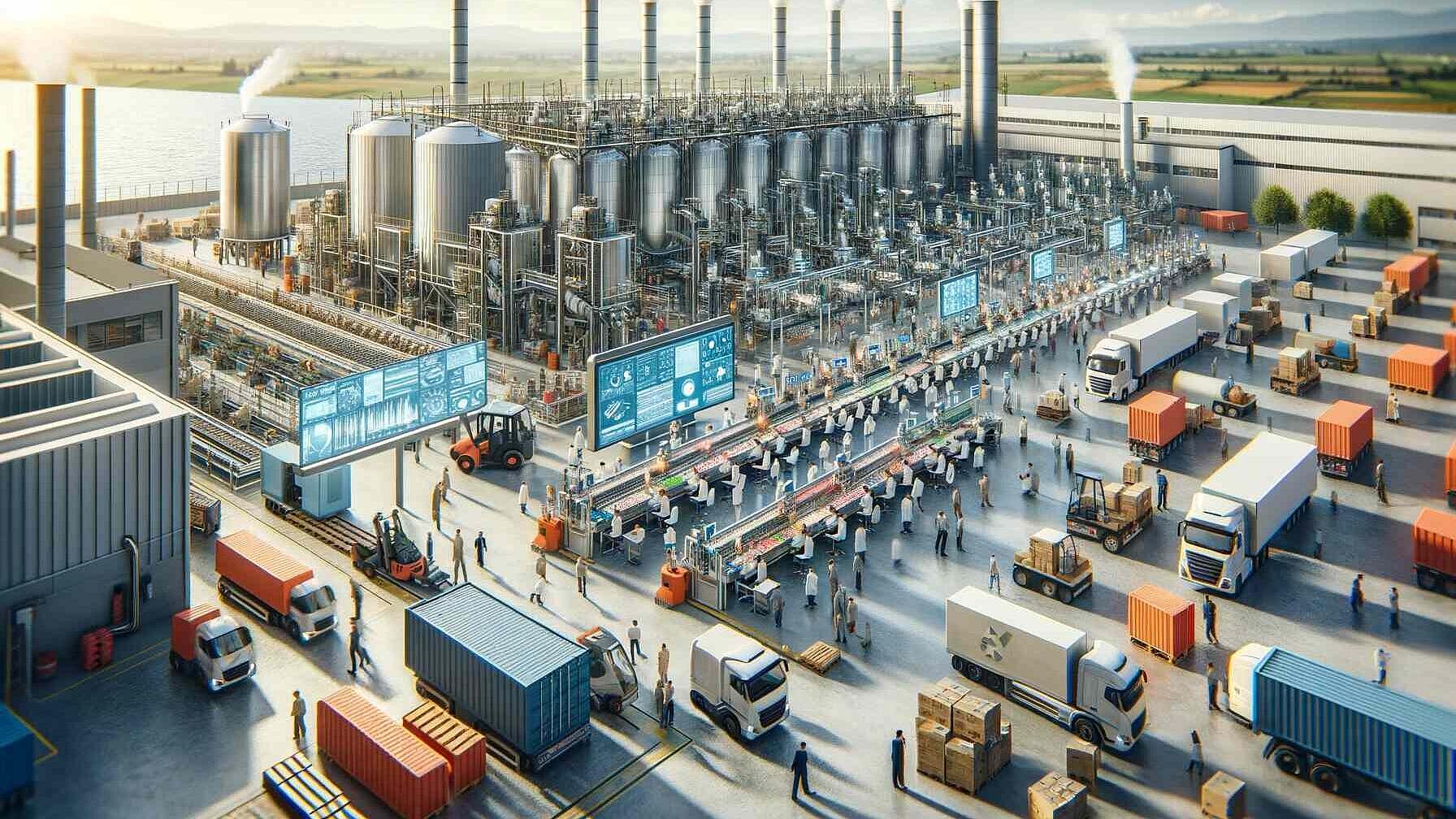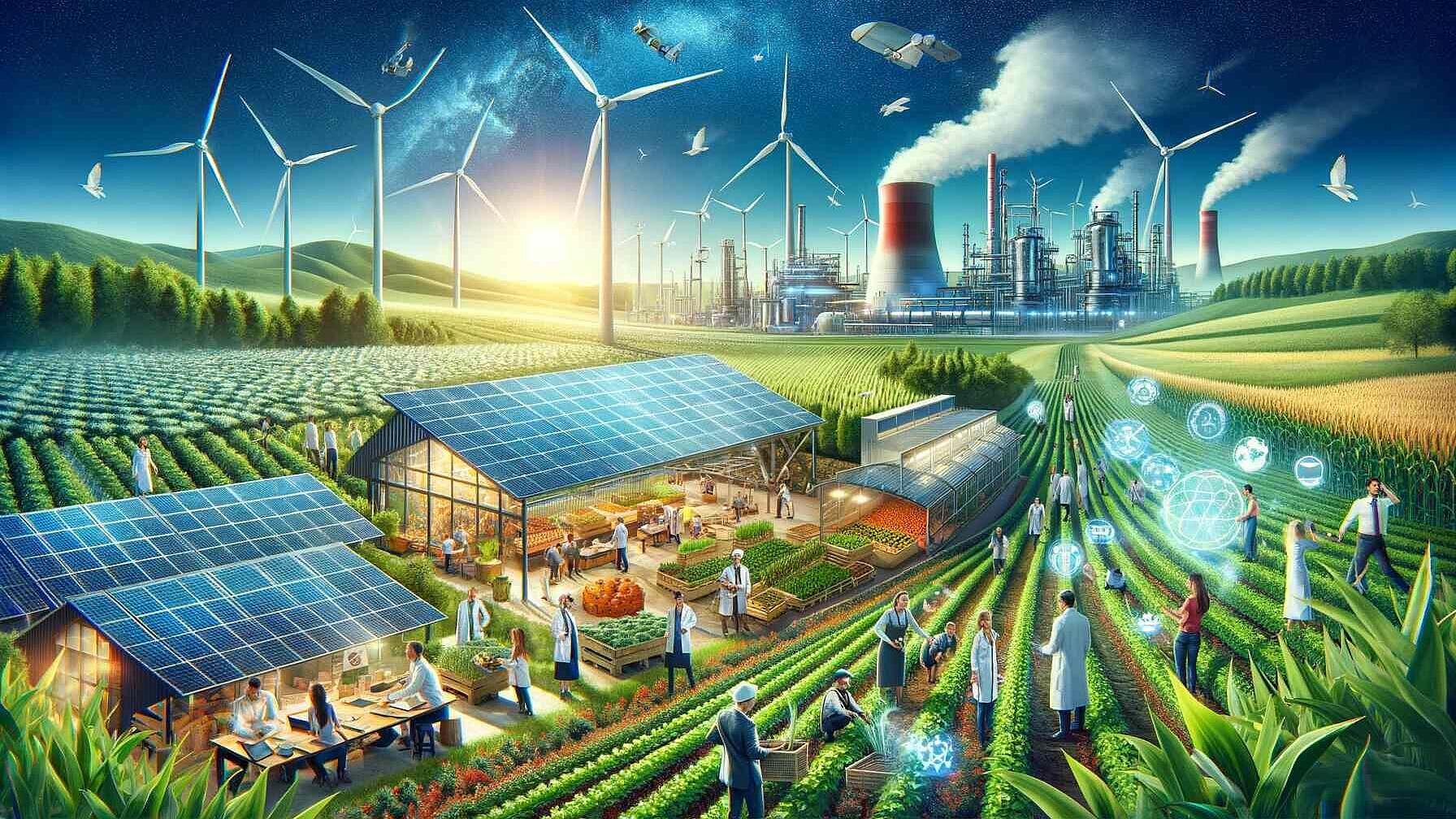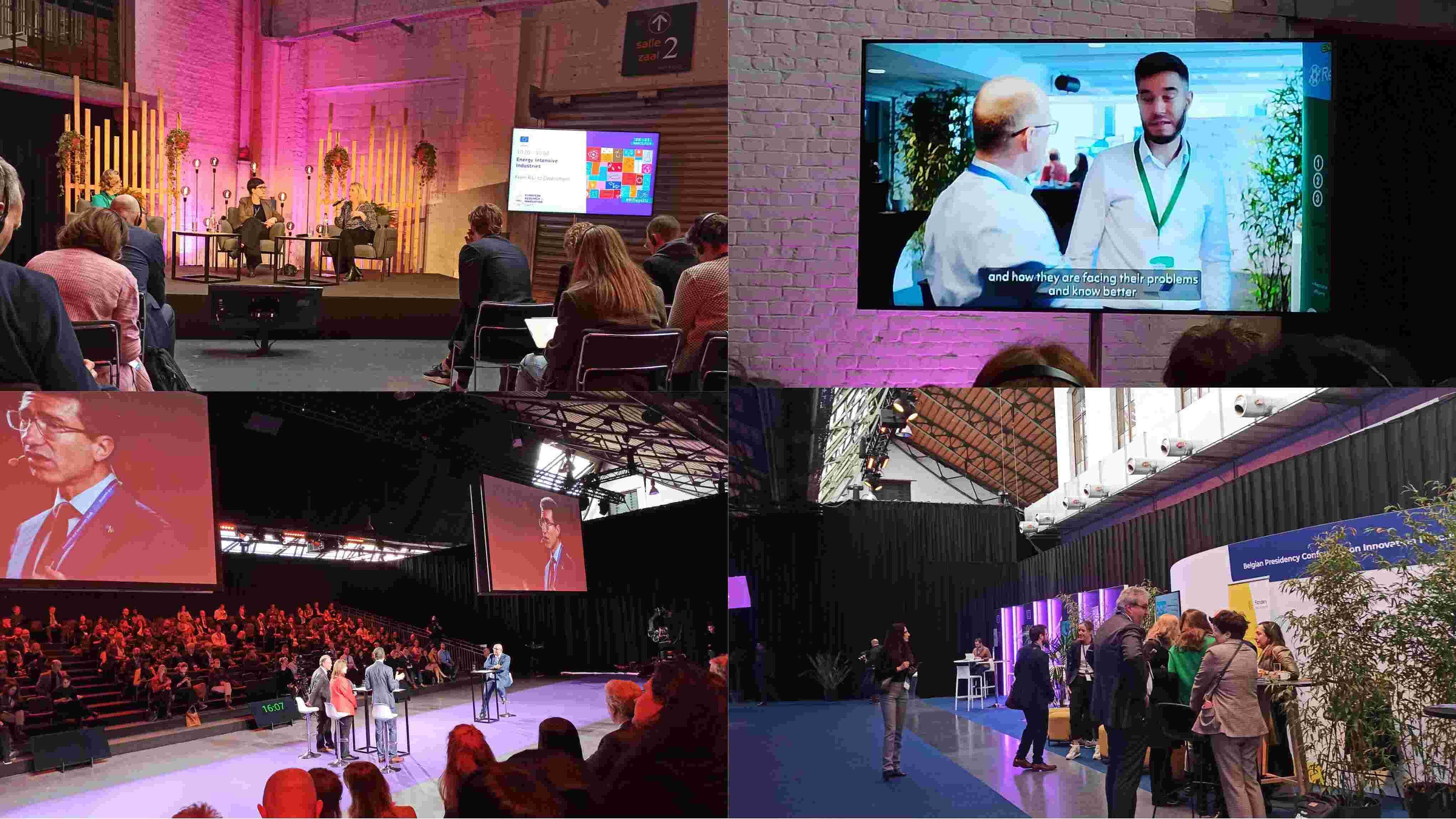 Artigos
ArtigosThe EU food and drink industry is the largest manufacturing sector in the union, boasting a turnover of €1,192 billion and leading in capital investments with €40.1 billion in 2016. The industry is a robust contributor to the EU's economy, characterized by resilience and continued growth. It employs 4.72 million individuals, making it the top manufacturing employer, although labor productivity is noted to be lower than the manufacturing average, indicating room for efficiency enhancements. The sector adds significant value, accounting for 2.1% of the EU's gross value added and has experienced growth in this area, reversing trends where value addition was outpaced by input costs. Technological advancements and digitalization are being integrated into the industry, contributing to production improvements, new product development, and employment growth, with evidence suggesting that the uptake of digital technologies correlates positively with job creation. Sustainability is a focal point for the industry as it aims to align with the United Nations Sustainable Development Goals. Moreover, the industry is a key player in international trade, with a positive trade balance of €36 billion, underscoring its status as both a significant exporter and importer on the global stage. The EU's position in global food and drink markets reinforces its impact on international trade dynamics.
Leer Artigo completoTransforming the Global Food Sector: A Path to Energy-Smart Practices
The FAO 2011 paper advocates for an energy-smart food system to enhance sustainability, reduce GHG emissions, and improve food security by boosting energy efficiency and integrating renewable energies across the food supply chain, while providing policy recommendations and calling for international cooperation.
Leer Artigo completoDigital Supply Chain Dynamics: Insights from Indonesia’s Food and Beverage Industry
The study explores how digitalization enhances operational performance in Indonesia's food and beverage sector, stressing improvements in quality, productivity, and cost efficiency through technologies like IoT, robotics, cloud computing, and blockchain.
Leer Artigo completoEnhancing Marketing Success through Food Value Chains: A Guide to Creating Shared Value
Food value chains enhance agribusiness by combining social objectives with transparency and sustainability, yielding economic, community, and environmental benefits while relying on collaborative leadership for success.
Leer Artigo completoNavigating the Global Food Value Chain: Challenges and Opportunities for the 21st Century
The paper discusses the complexities of the food value chain, addressing global food demand challenges due to population growth, urbanization, and changing diets. It explores advancements in agricultural technologies and strategic market responses towards sustainability and health-conscious consumption trends.
Leer Artigo completoHarnessing Energy Efficiency in the Food and Beverage Industry
The white paper discusses energy challenges in the food industry, emphasizing the need for efficiency amid rising global energy demands. It outlines strategic energy assessments and technological solutions like variable speed drives for reducing energy use and improving sustainability, citing case studies demonstrating significant energy savings.
Leer Artigo completoCompetitiveness of the European Energy-Intensive Industries
The European Round Table for Industry reports, authored by the Boston Consulting Group, highlight challenges in Europe's energy transition, advocating for regulatory changes to foster competitiveness amid higher energy costs, risk of deindustrialization, and the need for large-scale investment in energy infrastructure to meet Green Deal goals.
Leer Artigo completoPioneering the Path to Net Zero: Decarbonizing Heat in the Food and Drink
The UK's food and drink sector aims to cut emissions from electricity and heat by up to 80% from 2012 levels, but heat decarbonization lacks clear strategies. Transition hinges on overcoming financial, technical, and policy barriers, requiring government-industry collaboration and supportive measures.
Leer Artigo completoDecarbonising the European Food and Drink Sector: A Net Zero Roadmap
European food and drink manufacturers must decrease their 94 Mt CO2e emissions to align with the EU's 2050 net-zero goal. Decarbonisation involves sustainable practices, overcoming high costs, leveraging renewable energy, and adopting measures like advanced energy management to reduce emissions efficiently.
Leer Artigo completoTHE PATH TO TRANSFORMATION: EUROPEAN RESEARCH AND INNOVATION DAYS 2024
The European R&I Days highlighted the need for a comprehensive government approach involving research and innovation to achieve the European Green Deal’s decarbonization targets. Showcasing success stories, it emphasized collaboration for transforming energy-intensive industries and integrating R&I for a sustainable future.
Leer Artigo completo








